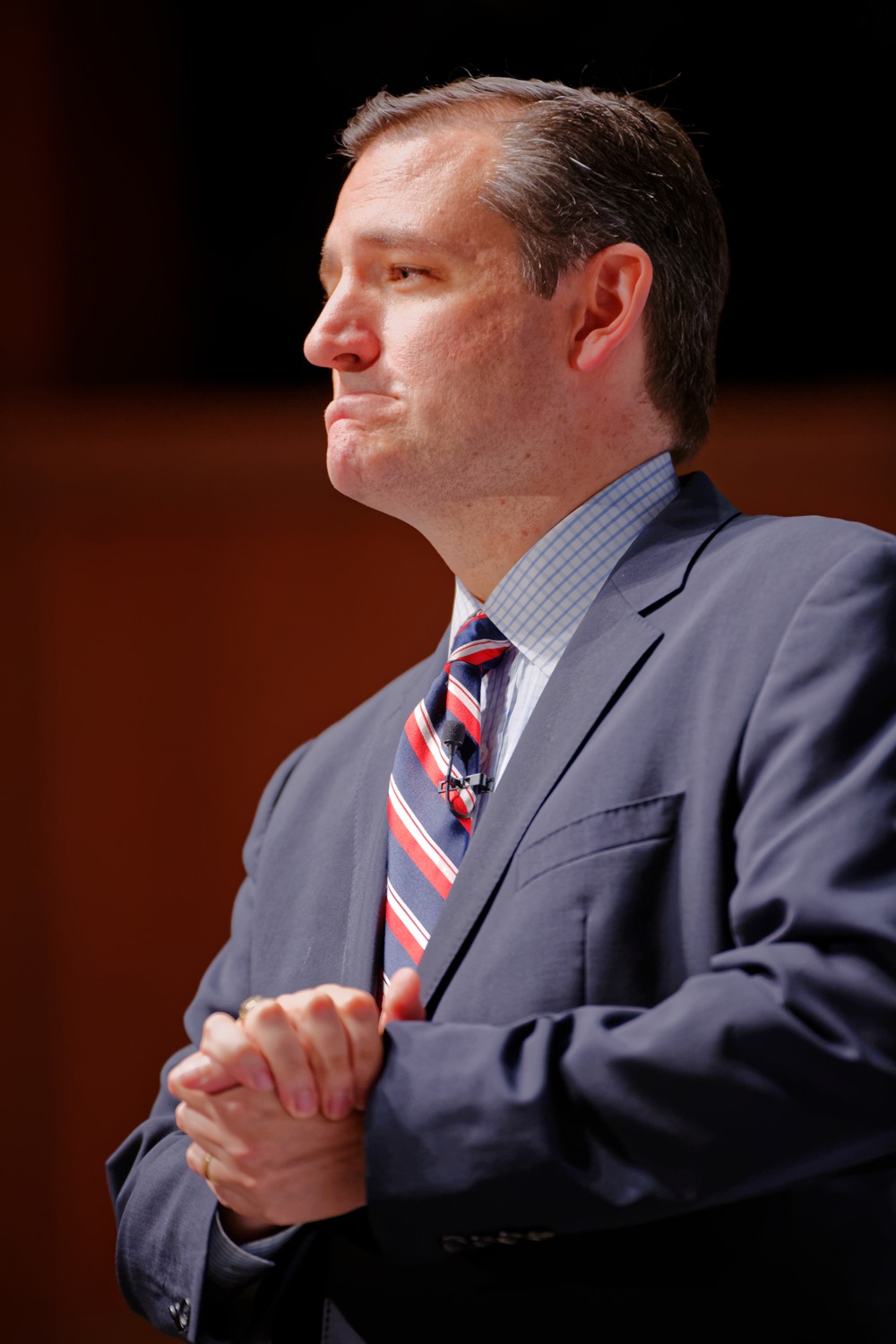It looks like Senator Cruz’ letter writing campaign isn’t going to end any time soon. While previously the Senator and former US presidential hopeful was happy exchanging salvoes with ICANN he’s now switched gears and is instead focussing on NTIA and the US Department of Commerce.
The latest letter is focussed on a very strange interpretation of the IANA transition proposals. While yet again it’s very clear that whoever is helping to draft the letter has a deep knowledge of ICANN and the IANA transition, it’s also abundantly clear that either they don’t understand how the internet works or choose to ignore it.
While there is plenty in the letter to mull over and raise your eyebrows at, the bit about content regulation and human rights is particularly odd, so worth quoting in full:
Second, the proposal to insert into ICANN’s bylaws an undefined commitment to respect “internationally recognized human rights” would open the door to the regulation of content. Inclusion of such a commitment would unquestionably be outside the historical mission of an organization whose functions are supposedly “very limited to the names and numbers and the protocol parameters which are way down in the plumbing of the Internet.” However, any provision, such as human rights, that is included in ICANN’s bylaws automatically becomes an integral part of ICANN’s core mission and, in this case, could provide a gateway to content regulation.
As you know, many countries and activist corporations use human rights commitments as vehicles to limit individual’s freedom of speech by regulating and forcing the moderation of content. Perhaps most concerning is that this undefined “internationally recognized human rights” commitment is expected to be addressed during a process referred to as “work stream 2,” which is not required to be submitted to the administration or Congress for review and may very well be formally adopted after the IANA transition is completed. Currently, the best way to guarantee an individual’s online freedom of speech is to keep the IANA contract in place, which carries with it the protections afforded by the U.S. Constitution and the First Amendment.
Maybe I’m missing something, but I don’t really see how this will lead to “content regulation”, in many respects it actually goes the other way entirely and goes towards protection of “speech” (in the broad sense).
You can grab the full letter here:
[spiderpowa-pdf src=”https://www.internetnews.me/wp-content/uploads/2016/05/cruz-letter-20160519_ICANNLetter.pdf”]cruz-letter-20160519_ICANNLetter

I believe the main concern is that since ICANN is such a mess and bureaucracy letting it go ungoverned could let to content regulation. I agree with Ted Cruz on this issue that the current IANA transition plan is not ideal.
The main problem with Cruz’s argument is that he believes the U.S., acting alone and unilaterally, is better for the Internet than 162 countries acting in harmony. This is an especially dubious stance ever since the Edward Snowden revelations showed that elements in the U.S. government that monitor the Internet are acting far, far outside any U.S. law.
Thought I’d like to dismiss Cruz as a crackpot, he raises points worth considering about the ICANN Board seeming to refuse the will of the organization’s working groups and large volunteer community.